Gottfried Wilhelm Leibniz's IQ Score Is 190

Gottfried Wilhelm Leibniz, born in Leipzig in 1646, was a brilliant thinker and probably one of the smartest people who ever lived. His work spanned many fields like mathematics, philosophy, and science. He aimed to create a universal symbolic language and reasoning machines, ideas that eventually paved the way for artificial intelligence and the information age.
Leibniz is famous for co-inventing calculus independently of Isaac Newton. His notation system for calculus is the one we still use today. He also laid the groundwork for computer science by advancing mechanical calculators and developing binary numbers, making him a pioneer of the digital age.
Leibniz was more than just a mathematician; he was also a philosopher, lawyer, historian, engineer, and diplomat. He always sought practical applications for his theories. His philosophical writings delved deeply into metaphysics and logic, influencing many Enlightenment thinkers. He also explored the origins of human thought and language, distinguishing between the conscious and unconscious, which he called perception and apperception.
Leibniz made important contributions to natural sciences. He anticipated Einstein's theory of relativity by questioning the absoluteness of space. His early geological work recognized the organic nature of fossils, challenging the idea that they were merely "games of nature."
With an estimated IQ of 190, Leibniz was a genius who innovated across multiple fields. His legacy still influences modern thought, showing the lasting impact of his intelligence on scholarship and technology. Leibniz's ability to connect different disciplines highlights his exceptional place in the history of cognitive achievement.


Average Confidence Level
HighWe determined Gottfried Wilhelm Leibniz's IQ by averaging values obtained from Genetic Studies of Genius, Business Insider and Big Think. We reported the scores from two other sources for reference. We calculated some source scores using the midpoint of the given ranges.
 Confidence Level: High
Confidence Level: High
 Confidence Level: High
Confidence Level: High
 Confidence Level: Medium
Confidence Level: Medium
 Confidence Level: High
Confidence Level: High
 Confidence Level: Medium
Confidence Level: Medium
5 Facts That Show Gottfried Wilhelm Leibniz's High IQ
- Co-invented Calculus: Leibniz independently developed calculus around the same time as Isaac Newton. His notation is still used today, demonstrating the lasting impact of his work in mathematics.
- Philosophical Inquiry: His writings on philosophy, particularly regarding metaphysics and logic, remain influential. Leibniz explored concepts of identity, space, and time, demonstrating his ability to think deeply about complex ideas.
- Binary System Concept: Leibniz pioneered the binary number system, foundational to modern computer science. His vision of using a binary code to represent all values underpins the digital age.
- Contributions to Law: Aside from his work in mathematics and philosophy, Leibniz made significant contributions to legal theory. He advocated for legal reforms and harmonization of laws across diverse European territories.
- Mechanical Calculator: He designed and built one of the first mechanical calculators capable of performing all four arithmetic operations. His invention represents a significant step forward in the history of computing.
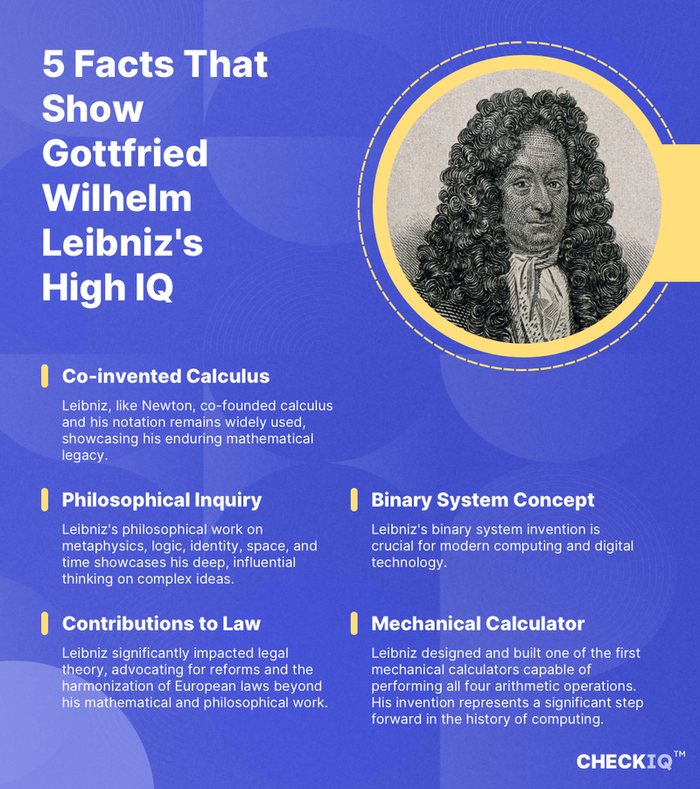
Try our accurate online IQ Test. Get your IQ score immediately.
Start IQ Test
Is Leibniz's IQ Really That High?
Well, pretty much! Gottfried Wilhelm Leibniz's IQ of 190 is off the charts, literally. From a purely statistical standpoint, this score is a rarity achieved by 1 in a billion people. Needless to say, he would pass the entry requirements for most high IQ societies, from Mensa and Intertel, to some fo the most exclusive high-IQ societies such as Epimetheus Society, where you need a 160 IQ to get in!
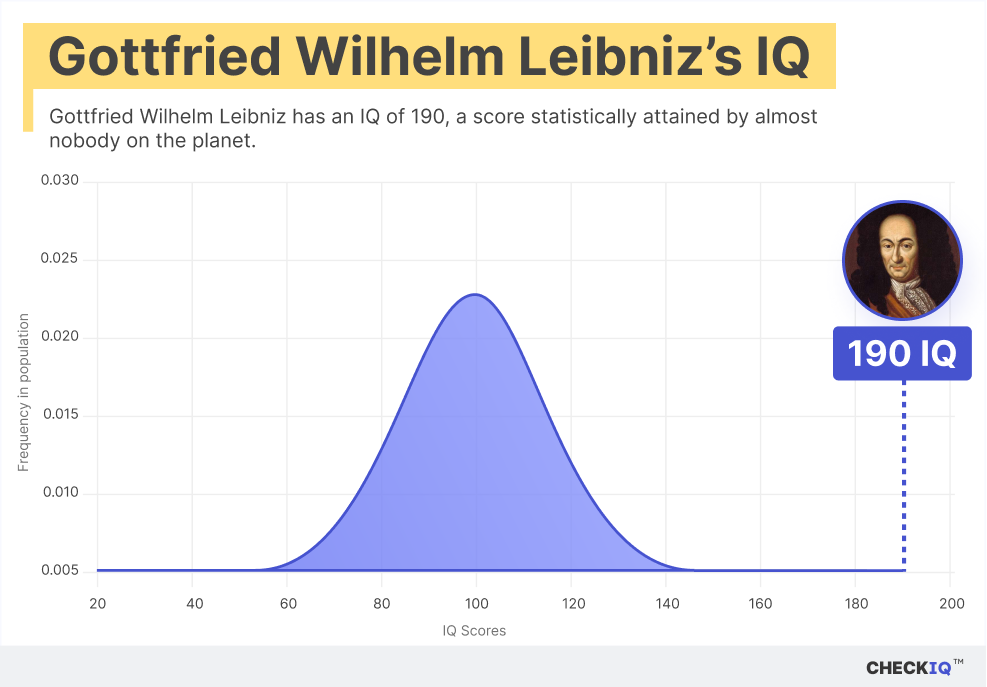
How Leibniz's IQ Stacks Up Against Other Scientists
Leibniz, with an IQ of 190, stands among intellectual giants. His achievements in mathematics, philosophy, and logic reflect a unique brilliance that has shaped many fields. There are only a few scientists that can reach that level of IQ or higher. Let's check them out.
It's hard to talk about genius scientists without avoiding Terence Tao. Terence Tao's staggering IQ of 227 places him in a realm few can comprehend. This genius mathematician became a professor by the age of 24 and has been a very prolific researchers... he has co-authored hundreds of research papers!
Contrast this with Kim Ung-Yong's IQ of 210. Astoundingly, he attended university lectures at the age of four and holds a spot in the Guinness Book of World Records for his extraordinary intelligence. His early mastery of languages and mathematics showcases his remarkable cognitive abilities.
Meanwhile, Oppenheimer's IQ, just five points above Leibniz with an IQ of 145, led the development of the atomic bomb. His role in the Manhattan Project highlights a different application of high intellect, combining scientific expertise with leadership during a pivotal moment in history.
Slightly surpassing Leibniz, Edward Witten, with an IQ of 191, has made significant strides in theoretical physics. His work is foundational to string theory, advancing our understanding of the fundamental structures of the universe.
Finally, Alan Turing, with an IQ of 185, is another extraordinary mind. He has laid the groundwork for modern computing and artificial intelligence. His contributions during World War II, particularly in breaking the Enigma code, and his pioneering work in computer science, have had a lasting impact on technology and society.
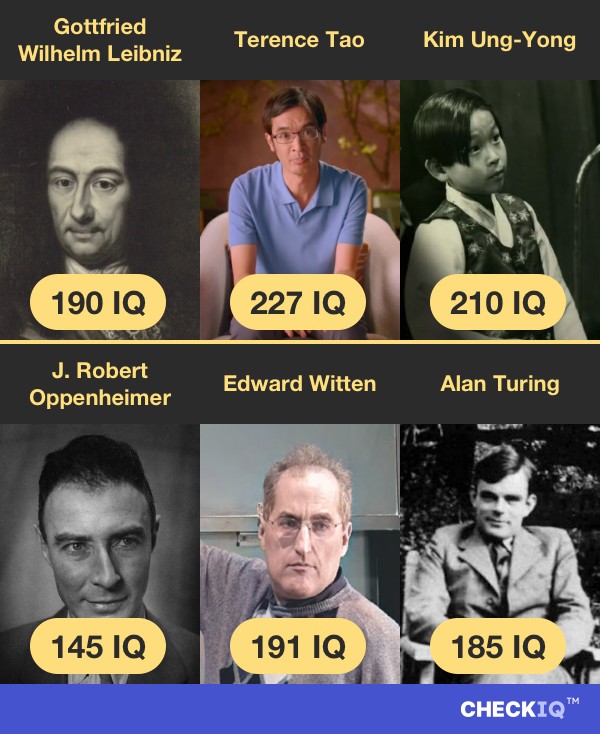
Does Gottfried Wilhelm Leibniz's IQ of 190 surprise you? Drop your reaction in the comments section!

Find Out the IQ of Other Famous People
-
 Arnold Schwarzenegger132 IQ
Arnold Schwarzenegger132 IQ -
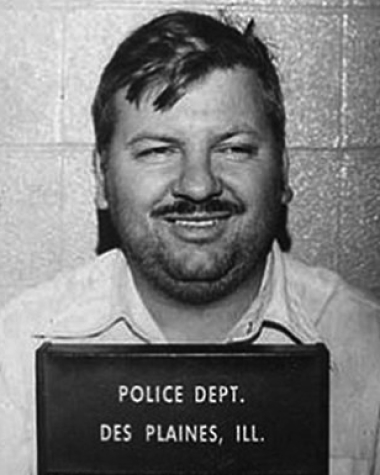 John Wayne Gacy118 IQ
John Wayne Gacy118 IQ -
 Magnus Carlsen190 IQ
Magnus Carlsen190 IQ -
 Charlene Gallego160 IQ
Charlene Gallego160 IQ -
 Ken Jennings173 IQ
Ken Jennings173 IQ -
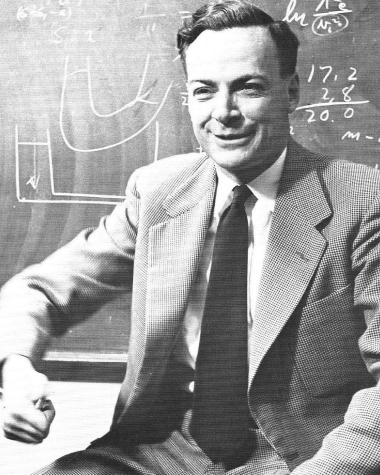 Richard Feynman124 IQ
Richard Feynman124 IQ


